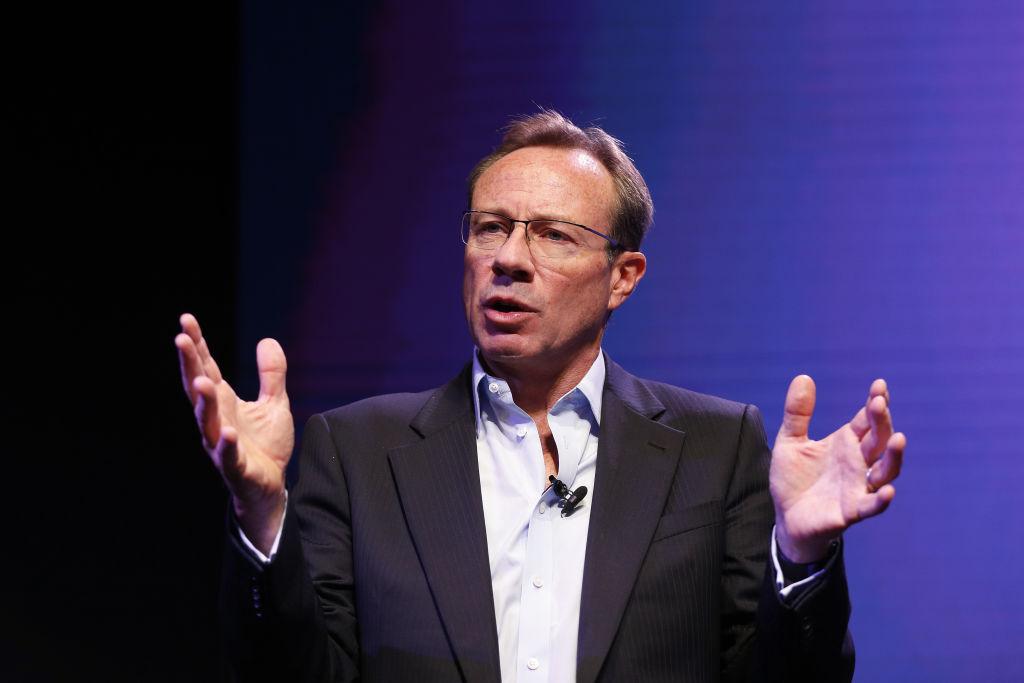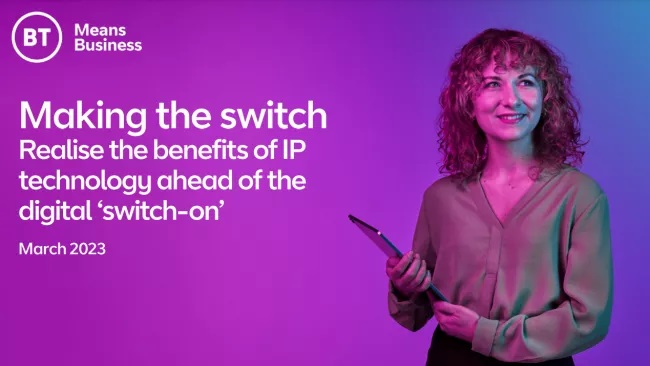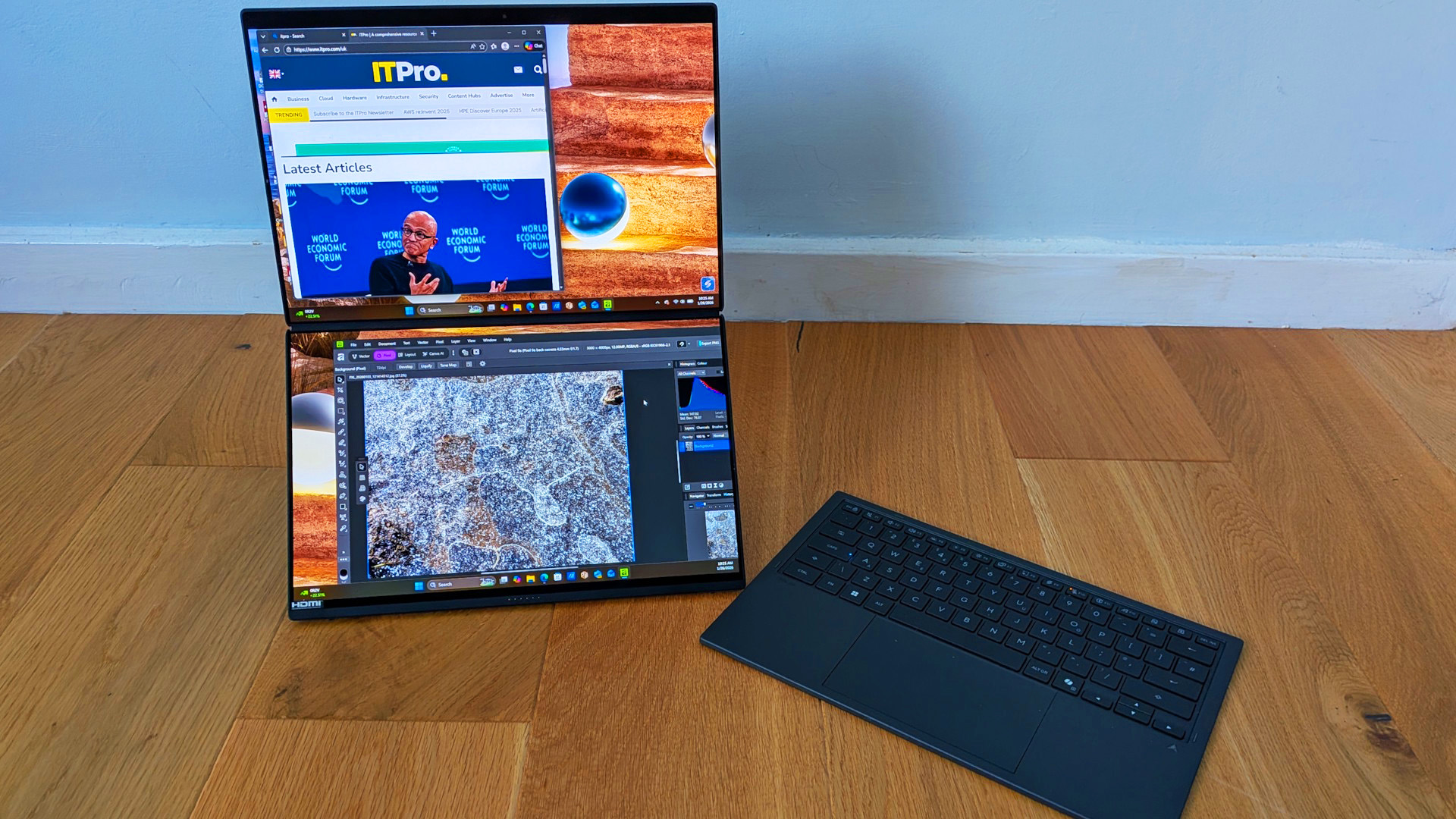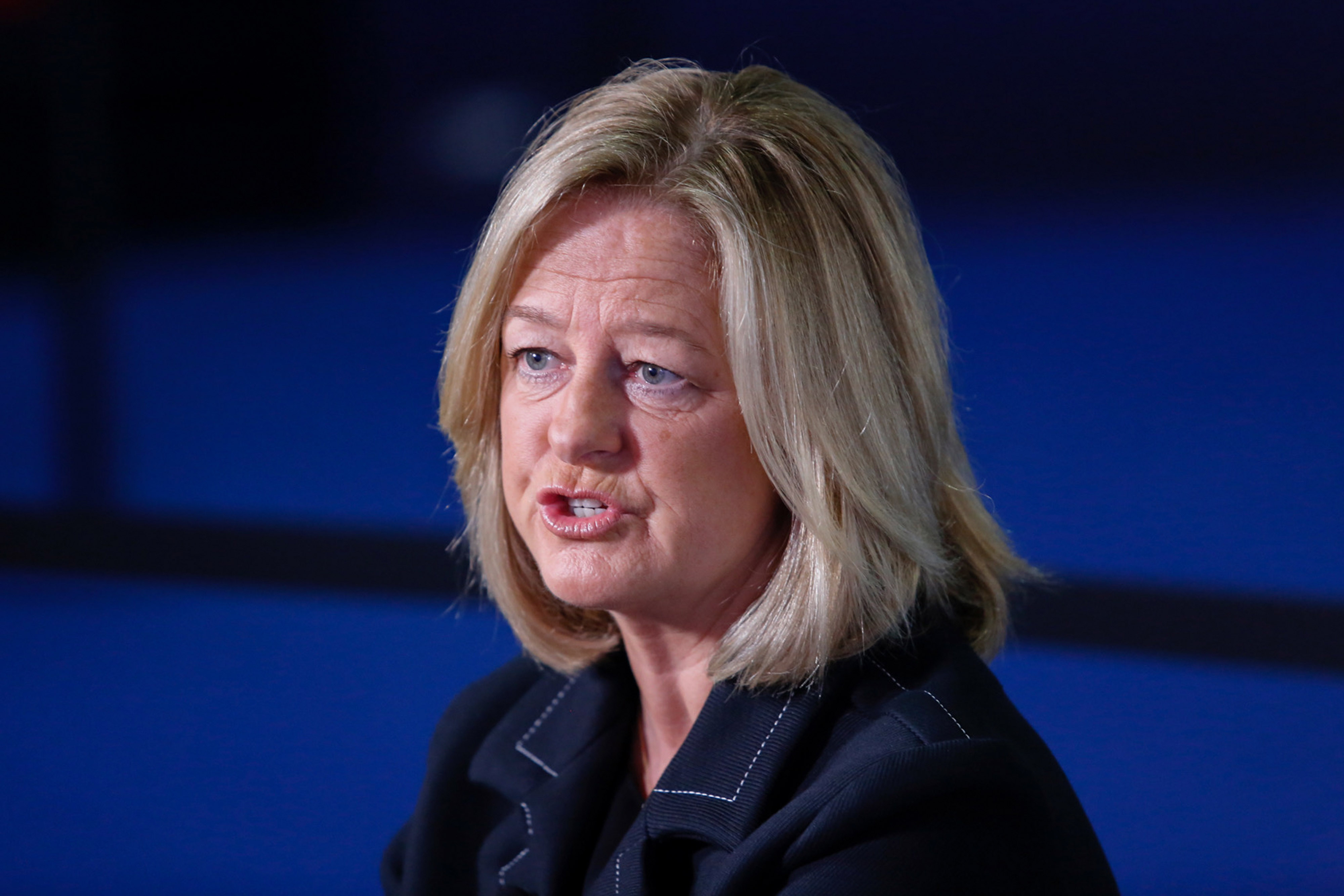BT to slash 55k jobs by 2030 in “brutal” cost-saving plan
The telco aims to become more lightweight through layoffs and digitization


BT has announced plans to axe up to 40% of its workforce by 2030 as it looks to become a “leaner business” and rely more heavily on digitization and AI to cut costs.
The telco giant currently employs around 130,000 people worldwide, around 80,000 of whom are UK-based, but will seek to reduce this to between 75,000-90,000 between FY28-30.
The news came alongside poor results, with revenue of £20.7 billion ($25.75 billion) down 1% year-on-year and profit down 12% across the same period due to “increased depreciation from network build and specific items”.
The Telegraph reported that up to 10,000 jobs, roughly a fifth of the slashed roles, could be directly replaced with automation technologies such as AI.
BT told ITPro that 10,000 roles will cease as a result of automation and improvements to its digital channel, with customers expected to rely more on online self-service.
“By continuing to build and connect like fury, digitize the way we work and simplify our structure, by the end of the 2020s BT Group will rely on a much smaller workforce and a significantly reduced cost base,” said Philip Jansen, CEO at BT.
“New BT Group will be a leaner business with a brighter future.”
Sign up today and you will receive a free copy of our Future Focus 2025 report - the leading guidance on AI, cybersecurity and other IT challenges as per 700+ senior executives
Its shares fell by more than 10% in early trading.
RELATED RESOURCE

Making the switch
Realise the benefits of IP technology ahead of the digital ‘switch-on’
Kester Mann, director of consumer and connectivity at analyst firm CCS Insight, to ITPro that major cuts were expected given BT’s annual cost savings target of £3 billion ($3.73 billion) by 2025.
He added that the scale of these redundancies has nevertheless come as a shock to the telecoms sector.
“This brutal decision – just two days after Vodafone confirmed 11,000 job losses – reflects consistent underperformance of the telecoms sector despite continued strong demand for its services,” said Mann
“BT has struggled as much as anyone: its share price is down around 40% since Philip Jansen took the helm in February 2019. The CEO – whose own position has reportedly been under threat – will expect the cull to hasten BT’s migration to a much more lean, simple, and efficient organization.”
Mann also said that greater use of automation and artificial intelligence will make up many of the roles, while the completion of BT’s fiber rollout in 2026 would also lead to job cuts.
BT stated that some 15,000 roles would end as fiber investment is dialed down.
In its results, BT stated that it has hit 41% of its target 25 million premises connected with full-fiber, FTTP broadband.
Network engineers are also expected to lose jobs as BT completes its 5G rollout, with the firm’s network now covering 68% of the UK population and connections up 62% over the financial period.
The Communications Workers Union (CWU), which represents tens of thousands of workers at BT and Openreach, stated that the announcement was unsurprising given new technologies and the fiber completion target.
“However, we have made it categorically clear to BT that we want to retain as many direct labor jobs as possible and that any reduction should come from sub-contractors in the first instance and natural attrition,” a spokesperson said.
“We have also stated that it’s imperative that we should be in the room discussing and shaping the new skills required of the workforce as they move to a more digital network to ensure our members have a stable, secure career within BT well into the future; to which the company has agreed ongoing discussions with the CWU on these matters.”
This article was updated to include additional context from BT.

Rory Bathgate is Features and Multimedia Editor at ITPro, overseeing all in-depth content and case studies. He can also be found co-hosting the ITPro Podcast with Jane McCallion, swapping a keyboard for a microphone to discuss the latest learnings with thought leaders from across the tech sector.
In his free time, Rory enjoys photography, video editing, and good science fiction. After graduating from the University of Kent with a BA in English and American Literature, Rory undertook an MA in Eighteenth-Century Studies at King’s College London. He joined ITPro in 2022 as a graduate, following four years in student journalism. You can contact Rory at rory.bathgate@futurenet.com or on LinkedIn.
-
 Asus Zenbook DUO (2026) review
Asus Zenbook DUO (2026) reviewReviews With a next-gen processor and some key design improvements, this is the best dual-screen laptop yet
-
 Pegasystems wants to help you modernize outdated Lotus Notes applications
Pegasystems wants to help you modernize outdated Lotus Notes applicationsNews The Notes to Blueprint tool lets enterprises understand their Lotus Notes estates and get rid of broken workflows
-
 Optimise CX and accelerate business growth through your voice network
Optimise CX and accelerate business growth through your voice networkwhitepaper Protecting the human experience in a digital world
-
 IDC InfoBrief: Sustainability doesn’t need to be all stick and no carrot
IDC InfoBrief: Sustainability doesn’t need to be all stick and no carrotwhitepaper CIOs are facing two conflicting strategic imperatives
-
 ‘The pace of change is taking its toll’: Business leaders are becoming burned out by rapid technological changes
‘The pace of change is taking its toll’: Business leaders are becoming burned out by rapid technological changesNews Tech leaders are contending with mounting stress levels amidst a sharpened focus on adopting new technologies and ramping up transformation efforts
-
 Unlocking the power of your digital services
Unlocking the power of your digital servicesSponsored Businesses have invested significant cash into technology since COVID-19, but are they really getting their money's worth?
-
 The forgotten workforce needs a new communications strategy
The forgotten workforce needs a new communications strategySponsored Reliable communications technologies are key to building an efficient remote workforce
-
 The future of work and the forgotten workforce
The future of work and the forgotten workforcewhitepaper How to deploy a mobile-first strategy so no one gets left behind
-
 Building an outstanding digital experience
Building an outstanding digital experiencewhitepaper Insight into how banks and financial services organizations can deliver the digital experiences customers and employees expect
-
 Inbound BT CEO Allison Kirkby faces challenge of leading telco through cuts in 2024
Inbound BT CEO Allison Kirkby faces challenge of leading telco through cuts in 2024News Kirkby brings years of experience heading some of the biggest telcos in the EU